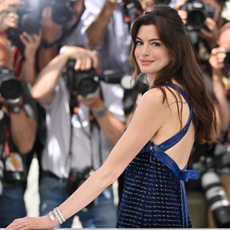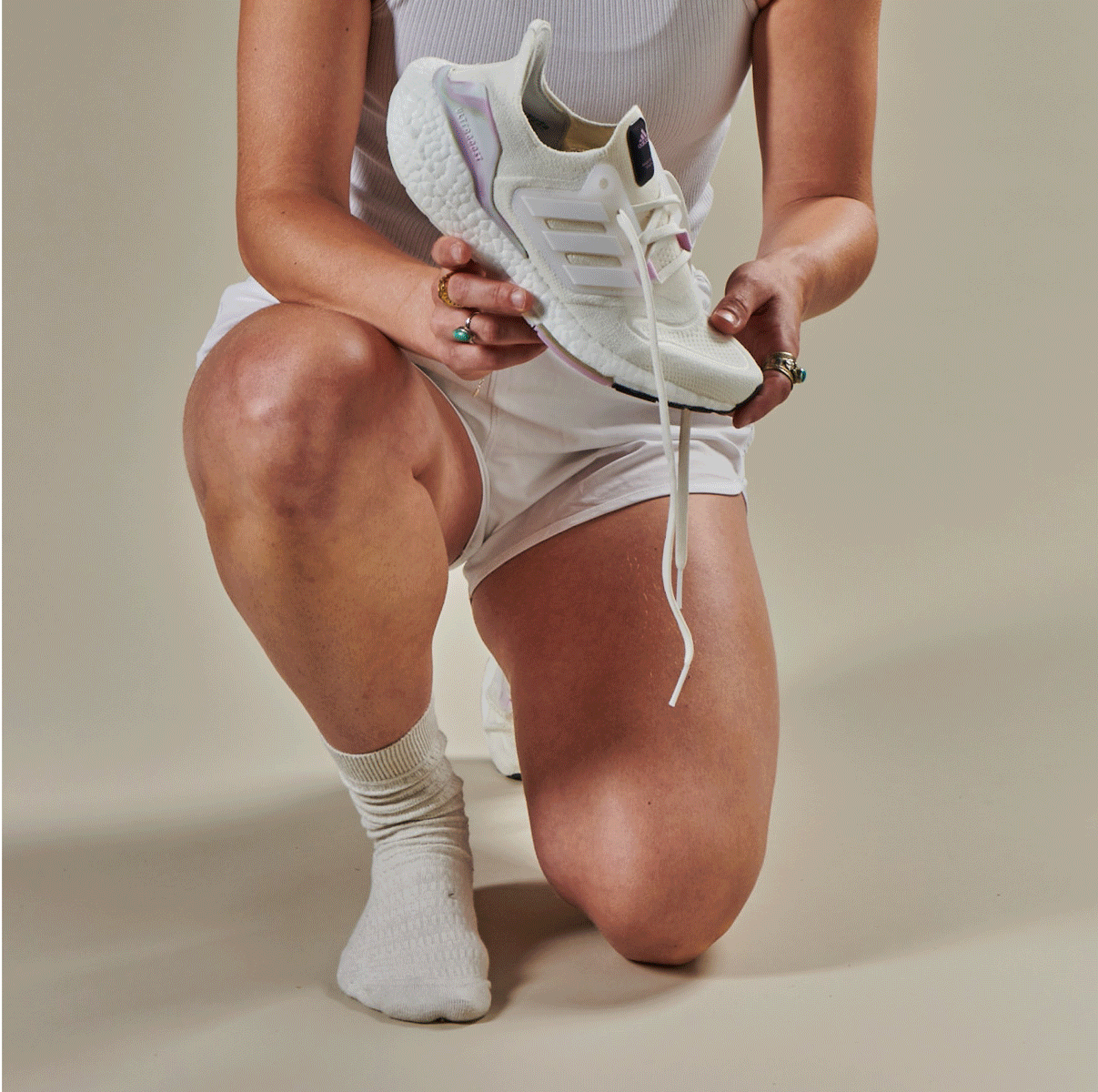How many of these social media cliches are you guilty of?
Emmy J. Favilla, creator of BuzzFeed’s seminal style guide, explains how not to be a dick online


Emmy J. Favilla, creator of BuzzFeed’s seminal style guide, explains how not to be a dick online
Social media cliches occur when trendy words or phrases reach their saturation point, thanks to hashtags, internet virality and marketing that piggybacks on even the most of-the-moment language. What’s cool or witty one minute can appear dated or corny a moment later, #amirite? From original Instagram captions to punchy tweets, here’s how to keep your online presence fresh.
Social media cliches to avoid...
1. 'This is EVERYTHING'
What it means: A way to describe a thing or situation you think is supremely cool; a metaphor for something that has moved you to such a state of all-encompassing joy that everything else ceases to exist. Sample post: ‘This smashed avocado on toast is EVERYTHING.’ Replace with: ‘This is everything I need.’ The simple addition of ‘I need’ turns even the most hyperbolic of social media clichés into a more elegant proclamation.
2. ‘Break the internet’
What it means: A profoundly annoying phrase used to describe a viral meme, tweet or other piece of content that has exploded in popularity on the web. The term was catapulted into widespread usage after Paper magazine’s much-hyped cover featuring a nude Kim Kardashian used it as a headline. Sample post: ‘Remember when Salt Bae broke the internet? I wonder what he’s up to now.’ Replace with: ‘Go mega-viral.’ This is quick and straightforward, with no need for trite euphemisms.
3. ‘I can’t even’
What it means: Either a dismissal or an acutely emotive response to anything you don’t have the wherewithal to deal with or comprehend, because it’s either too affecting or too taxing to delve into; can have a positive or negative connotation, depending on the context. Sample post: ‘Have you seen that adorable blind dog who has his own seeing-eye dog? I can’t even.’ Replace with: ‘I can’t deal with this.’ Still suggestive of something that has spurred a heightened emotional state, minus the banality.
4. ‘Throwing shade’
What it means: The act of insulting someone by indirect or subtle means. Sample post: Mariah Carey’s iconic ‘I don’t know her’ response when asked what she thought about Jennifer Lopez will forever cement her status as queen of throwing shade. Replace with: ‘Making a dig’ can be just as suggestive of an underhanded jab. Sometimes ‘throwing shade’ works as a more accurate description of an artfully cutting remark, but it’s important to reserve it exclusively for instances of true shade-throwing, and not simply use it to describe straight-up insults. That's how social media cliches are born.
5. ‘Yaaass’
What it means: An extra-emphatic way to say ‘yes’ or express excitement. It has roots in the black and Latin drag queen scene (see 1991 documentary Paris Is Burning for reference), but really started being used in mainstream conversations after a 2013 viral video of a young man yelling, ‘Yaaass, yaaass! Gaga, you look so good!’ at Lady Gaga. Sample post: ‘Yaaass, that dress is amazing on you!’ Replace with: How about just ‘yes’? Or, if you’re really looking to bring the drama, ‘oh hell yes’.
Marie Claire Newsletter
Celebrity news, beauty, fashion advice, and fascinating features, delivered straight to your inbox!
A World Without ‘Whom’: The Essential Guide To Language In The BuzzFeed Age by Emmy J. Favilla (out on 14 November; £13.99, Bloomsbury)
-
 Anne Hathaway had to kiss 10 men during a 'gross' chemistry audition early in her career
Anne Hathaway had to kiss 10 men during a 'gross' chemistry audition early in her careerUgh
By Iris Goldsztajn
-
 There was a hidden code in Baby Reindeer that everyone completely missed
There was a hidden code in Baby Reindeer that everyone completely missedDid you spot it?
By Jadie Troy-Pryde
-
 I'm a Health Editor who's tried 100's of shoes - these are officially the best gym trainers you can buy
I'm a Health Editor who's tried 100's of shoes - these are officially the best gym trainers you can buyFor running, weight training, walking, and more.
By Ally Head